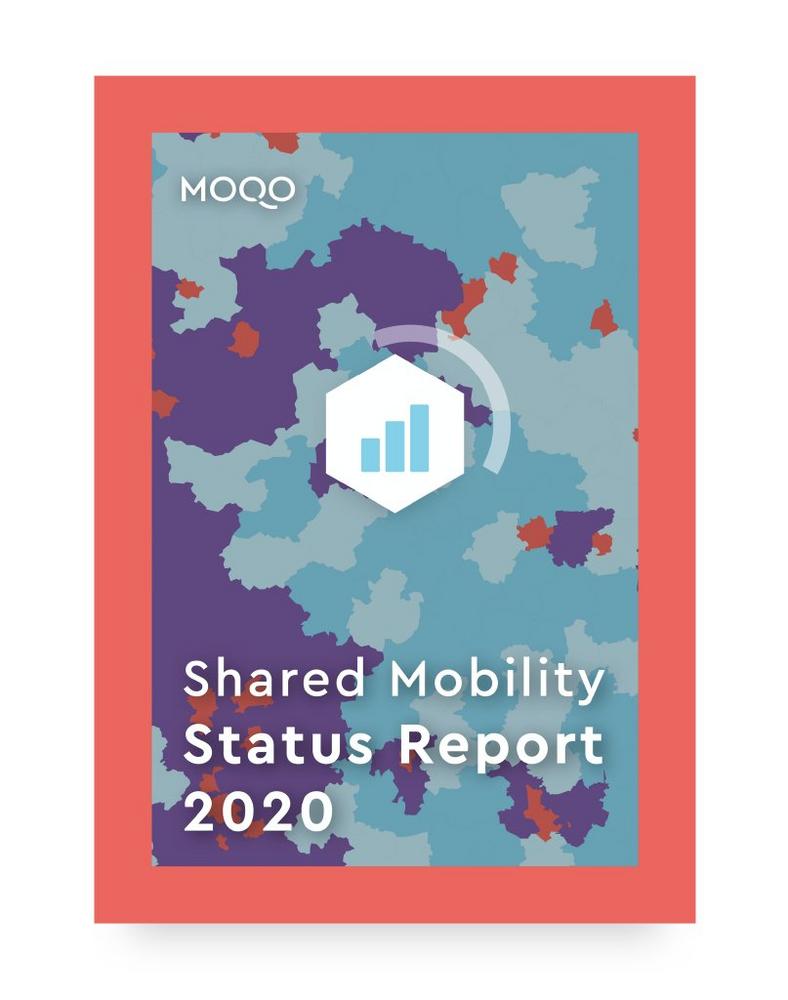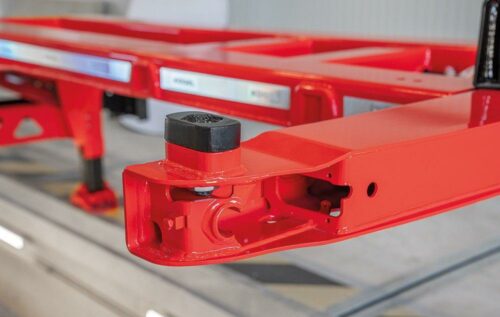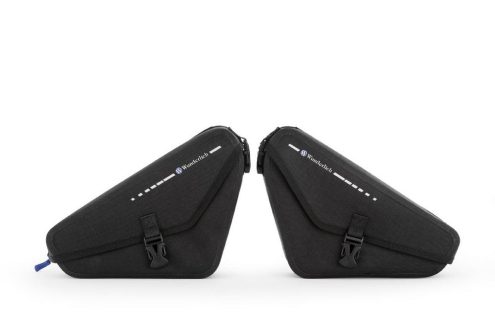
Shared Mobility Status Report 2020 by MOQO
The development of the shared mobility economy has similarities with the development of species in biology. At first there is only one species, then, depending on the respective environmental conditions, more and more variations emerge. These variations in turn influence ecosystems. The process of describing and categorising them is called taxonomy.
The Shared Mobility Status Report 2020 by MOQO does just that, a taxonomy of the shared mobility economy. The first car sharing initiatives were formed in Germany around 30 years ago. Over the years, mobility behaviour changed. The market grew and, as the market grew, more and more concepts for shared mobility emerged. Today there are dozens of them with more than a hundred providers.
Dr. Michael Minis, Co-Founder and CEO of MOQO: "From our experience, we believe that a clear categorisation and associated clear terms are very important in the shared mobility economy. A business model has to fit the environment, the ecosystem, in which it wants to establish itself, for example in urban or rural areas. Or it must have the power to change this ecosystem in such a way that it finds a place there. In any case, it is important to know exactly what you are talking about".
To bring conceptual clarity to the many terms used in the shared mobility economy, MOQO distinguishes two basic categories: "goods sharing" and "service sharing". Eight practical forms of implementation are grouped under these in the current market.
"Goods sharing describes the sharing of physical objects, for example a car or a bike," explains Franz Kayser, Head of Business Development at MOQO and co-author of the report. "A provider provides a vehicle which is then used for a specific route. Depending on the route, we then distinguish between round-trip sharing, one-way sharing and free-floating sharing". Michael Minis adds: "Service sharing means the arrangement of services in the mobility sector. One of the original forms is car-pooling. More and more concepts are emerging here, building upon the possibilities offered by digitisation. We basically differentiate between the types of ride-sharing, basically the model of car-pooling, and ride selling, paid, digitally commissioned transport services.
In addition to these categorisations, the Shared Mobility Status Report 2020 from MOQO offers a lot more exciting information, all of it presented graphically in an easily understandable way. This includes the different forms of provision and customer relationships, the distribution according to settlement structure and much more. The report is based on data from 162 mobility providers.
The report is available free of charge at https://moqo.de/….
Behind MOQO is the Aachen-based company Digital Mobility Solutions GmbH with its managing director Dr. Michael Minis. The Aachen-based company calls itself Shared Mobility Specialists and offers a professional platform that can be adapted to a wide range of mobility offers. The MOQO app enables the sharing of all conceivable vehicles (cars, bicycles, motorbikes, scooters and much more) and offers vehicle operators and users a clear and convenient tool for this. The brains behind Digital Mobility Solutions GmbH bring many years of shared mobility know-how to the development of the MOQO app. More information can be found at www.moqo.de.
Digital Mobility Solutions GmbH
Vaalser Str. 17
52064 Aachen
Telefon: +49 (241) 95788366
https://moqo.de
TEMA AG
E-Mail: pilgram@tema.de
E-Mail: presse@moqo.de
![]()





